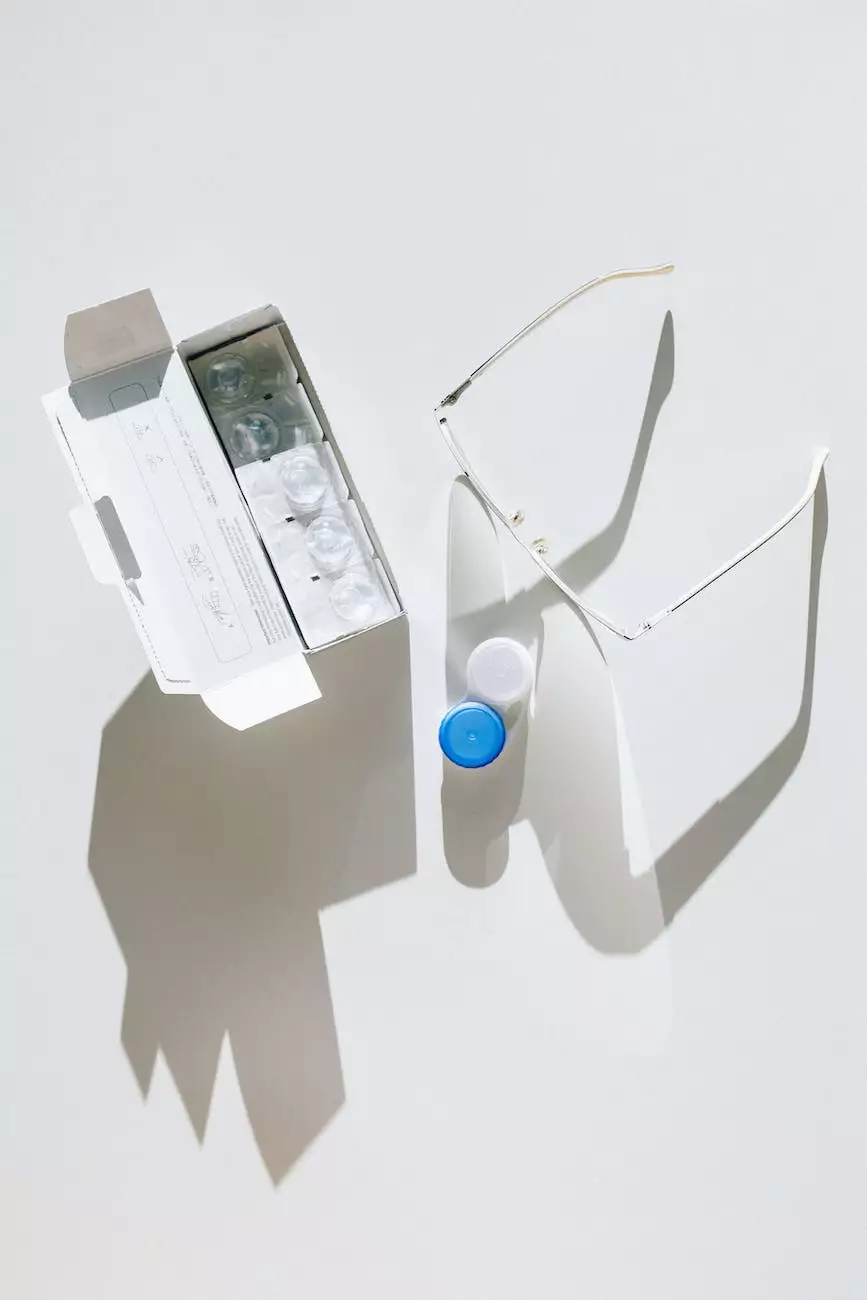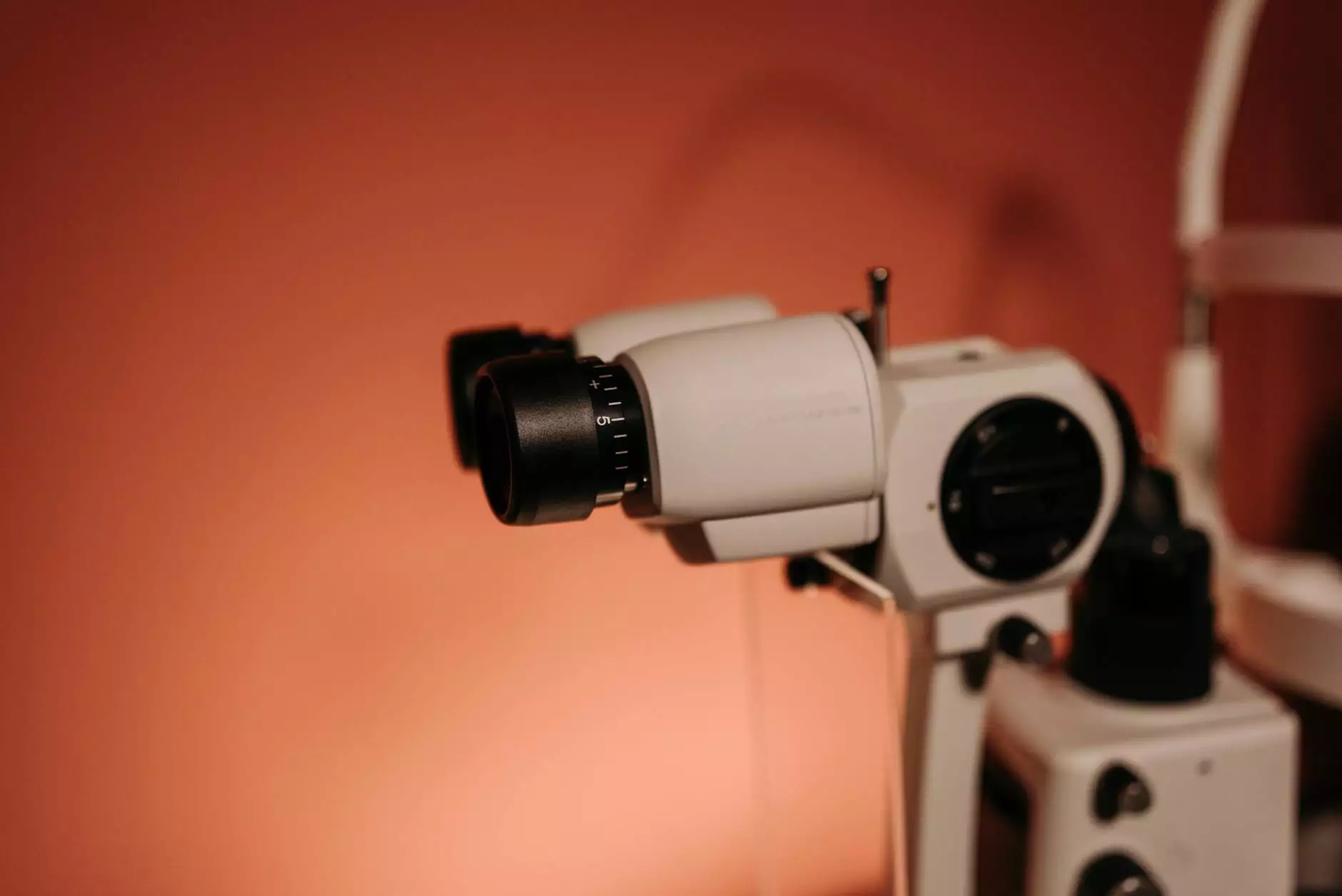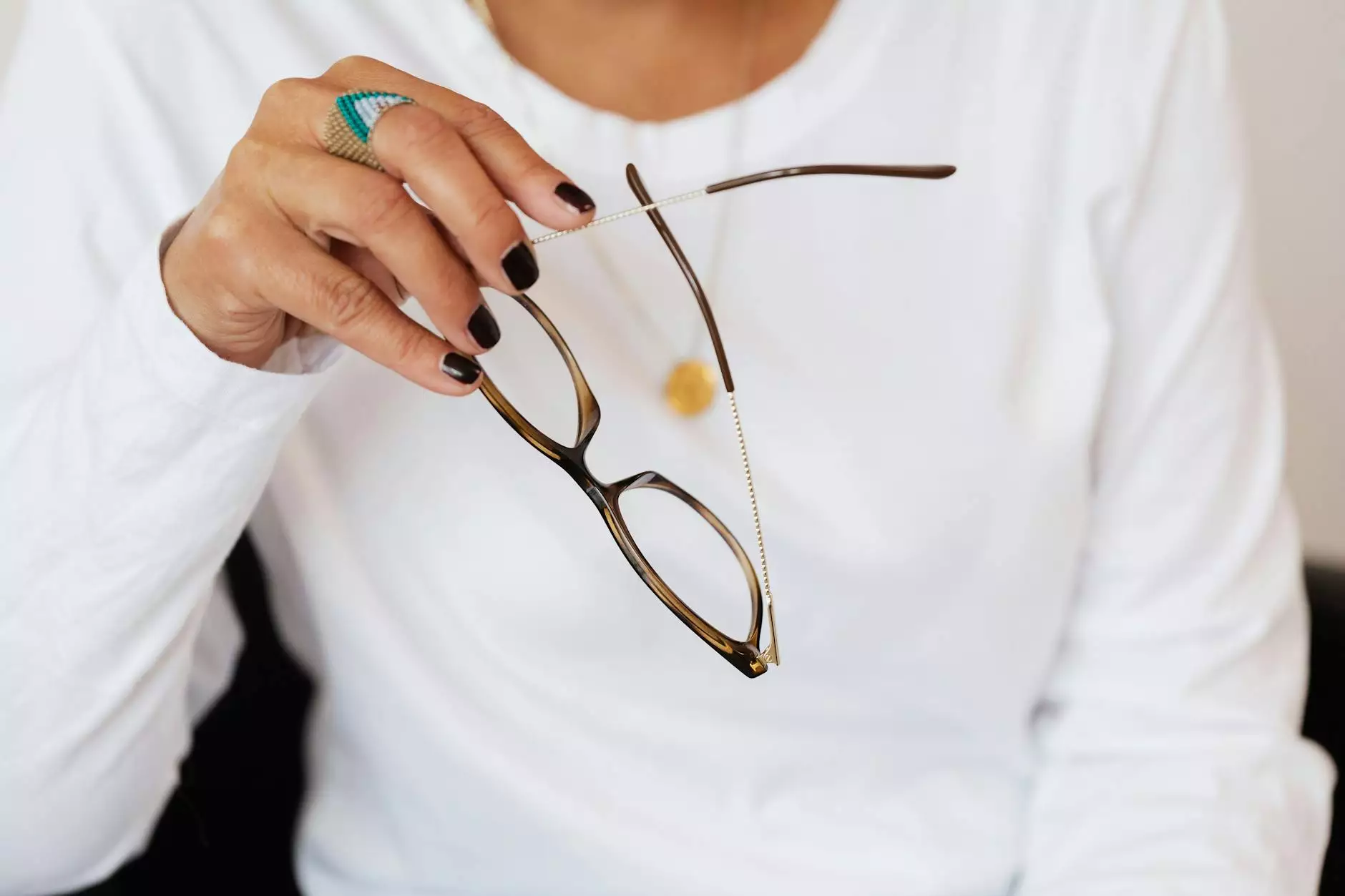Fall Allergies: Cause, Effect, and Solution

Welcome to David J Scholten, OD, PC - Your Optometry Expert in Fall Allergies
Are you experiencing the unpleasant symptoms of fall allergies? At David J Scholten, OD, PC, our team of expert optometrists understands the challenges you may face during this season. In this comprehensive guide, we will discuss the cause, effect, and solutions for fall allergies, and how our optometry services can help provide relief.
Fall Allergies: Understanding the Cause
Fall allergies, also known as hay fever or allergic rhinitis, are allergic reactions that occur during the autumn season. These allergies are triggered by airborne allergens such as pollen, mold spores, and dust mites. When these allergens come into contact with sensitive nasal passages, they can cause various uncomfortable symptoms.
Pollen is a common culprit during the fall season, especially ragweed pollen. Ragweed produces billions of lightweight pollen grains that can travel through the air for miles. When inhaled, these pollen grains can trigger an allergic response in individuals who are sensitized to them.
Mold spores are another common trigger for fall allergies. Mold thrives in damp, cool environments, and can be found both indoors and outdoors. As fallen leaves accumulate in outdoor areas during the fall, they create a moist environment where mold can grow and release spores into the air.
Dust mites, microscopic creatures that feed on dead skin cells, can also contribute to fall allergies. As we spend more time indoors during the fall season, exposure to dust mites can increase, leading to allergic reactions in susceptible individuals.
The Effect of Fall Allergies on Your Health
Fall allergies can have a significant impact on your overall well-being. Common symptoms include:
- Nasal congestion: The swelling of nasal tissues can make it difficult to breathe through the nose, leading to a stuffy or blocked sensation.
- Runny nose: Increased mucus production can cause a persistent runny nose, resulting in frequent nose blowing and irritation.
- Sneezing: Allergen exposure can trigger sneezing fits, which can be disruptive and uncomfortable.
- Itchy, watery eyes: Allergic reactions can cause itching, redness, and excessive tearing in the eyes, leading to discomfort and vision disturbances.
- Sore throat and coughing: Postnasal drip, a common symptom of fall allergies, can irritate the throat and cause coughing.
- Fatigue: Constantly dealing with fall allergy symptoms can leave you feeling tired and drained.
These symptoms can significantly impact your quality of life, making it crucial to seek effective solutions to manage fall allergies.
Solutions for Fall Allergies
While you can't completely eliminate fall allergens from the environment, there are several strategies you can implement to alleviate symptoms and find relief:
- 1. Minimize outdoor exposure: During peak pollen times, try to stay indoors as much as possible, especially when pollen counts are high. Keep windows closed and use air conditioning to filter out airborne allergens.
- 2. Wear protective gear: When engaging in outdoor activities, consider wearing sunglasses to protect your eyes from allergens and a pollen mask to reduce inhalation of allergenic particles.
- 3. Keep indoor spaces clean: Regularly dust, vacuum, and mop your home to minimize dust and mold accumulation. Use allergen-proof bedding covers to reduce exposure to dust mites.
- 4. Practice good hygiene: Wash your hands frequently, especially after outdoor activities, to remove pollen and other allergens from your skin. Consider showering and changing clothes after spending time outside.
- 5. Seek professional help: Consult with an optometrist or allergy specialist to diagnose your allergies accurately and develop a personalized treatment plan. They can recommend over-the-counter or prescription antihistamines, nasal sprays, and eye drops to manage symptoms effectively.
How David J Scholten, OD, PC Can Help
At David J Scholten, OD, PC, our experienced optometrists specialize in providing comprehensive eye care, including the diagnosis and management of fall allergies. We offer a range of services tailored to address the unique needs of each patient.
During a comprehensive eye examination, our optometrists will evaluate your symptoms, perform specific tests, and discuss your medical history to determine the extent of your fall allergies. Based on the findings, we will recommend an individualized treatment plan that may include prescription medications, allergy management strategies, and guidance on lifestyle modifications for optimal symptom control.
In addition to managing fall allergies, our team can assist with various eye care needs, including routine eye exams, contact lens fittings, and treatment of other eye conditions. We are committed to providing top-quality care to improve your eye health and overall well-being.
Contact David J Scholten, OD, PC Today
If you're suffering from fall allergies and seeking professional guidance, look no further than David J Scholten, OD, PC. Our team of expert optometrists is dedicated to helping you find effective solutions for managing your symptoms. Contact us today to schedule an appointment and take the first step towards enjoying the fall season without the burden of allergies.
In conclusion, fall allergies can be disruptive and impact your daily life, but with the right strategies and expert guidance, you can find relief. By understanding the cause and effect of fall allergies and implementing effective solutions, you can navigate the season with greater comfort and enjoyment.









